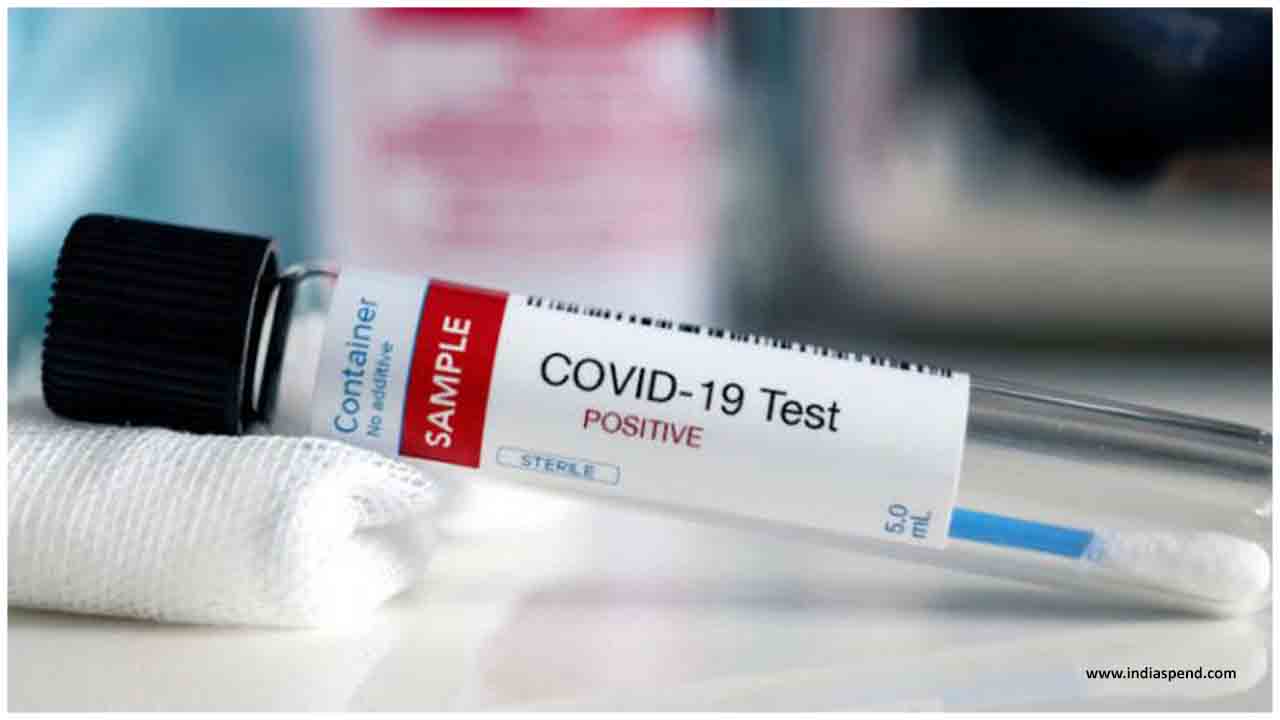In a testament to the focussed, consistent and coordinated efforts of the Centre and the State/UT governments, India has set a new landmark of conducting 3 crore tests. Expanded diagnostic lab network and facilitation for easy testing across the country have given a substantial boost. With 7,31,697 tests conducted in the last 24 hours, India is on its resolved drive to increase its testing capacity to 10 lakh tests daily. Building on this achievement, the Tests Per Million (TPM) have seen a sharp increase to 21,769.
While the cumulative testing rose from 1.2 crore on 14th July 2020 to 3.0 crore on 16th August 2020, the positivity rate has seen a rise from 7.5% to 8.81% in the same period. Although higher number of tests will push the positivity rate initially, but as the Delhi experience has amply shown, it will eventually lower when combined with other measures such as prompt isolation, tracking and timely clinical management.
Aggressive TESTING leads to early identification and isolation of COVID-19 positive cases. This coupled with efficient clinical treatment brings the Fatality Rate down. Thus, enhanced and timely TESTING is not only keeping the Positivity Rate low but also the Fatality Rate low.
A prominent determinant of the evolving testing strategy is the steadily widening diagnostic lab network in the country. This has significantly grown from one lab at Pune in early January 2020 to 1470 today, including 969 labs in the government sector and 501 private labs.
Meanwhile, it was reported that India has been marching firmly on the road to enhanced recoveries every day. Today, the country registered the highest single day recoveries with as many as 57,584 COVID-19 patients getting cured and discharged in the last 24 hours.
This achievement has further spurred India's Recovery Rate to cross the 72% milestone. This is the result of successful and coordinated implementation of an effective containment strategy, aggressive and comprehensive testing coupled with standardized clinical management of the critical patients. India has followed a Standard of Care protocol for the differentiated categorisation of COVID-19 patients- mild, moderate and severe as clearly formulated in the Clinical Management Protocol of Ministry of Health & Family Welfare (MoHFW). The effective clinical management strategies have shown to yield positive results.
With more patients recovering and being discharged from hospitals and home isolation (in case of mild and moderate cases), India's COVID-19 recoveries have reached nearly 2 million (19,19,842). This has ensured that the difference between the recovered and active cases continues to expand. It is 12,42,942 today.
The actual case load of the country, viz. the Active Cases (6,76,900 on date) has reduced and currently comprises only 25.57% of the total positive cases. Early identification of cases has helped to ensure timely and prompt isolation of the mild and moderate cases and hospitalisation of the severe and critical cases thereby leading to timely and effective management of cases. The Case Fatality Rate has further slumped today touching 1.92%.

 Tests Per Million (TPM) continue to rise, stand at 21,769 today
Tests Per Million (TPM) continue to rise, stand at 21,769 today











.jpeg)








.png)
.png)

.png)
.png)
.png)

.png)
.png)
.png)

.png)
.png)